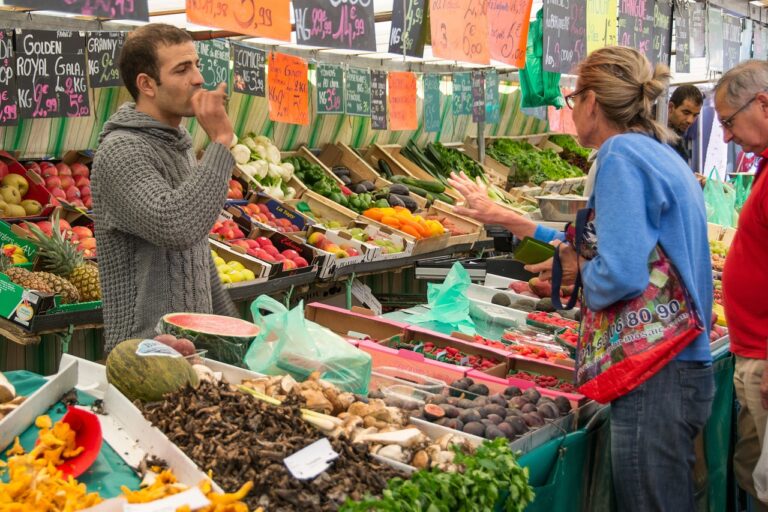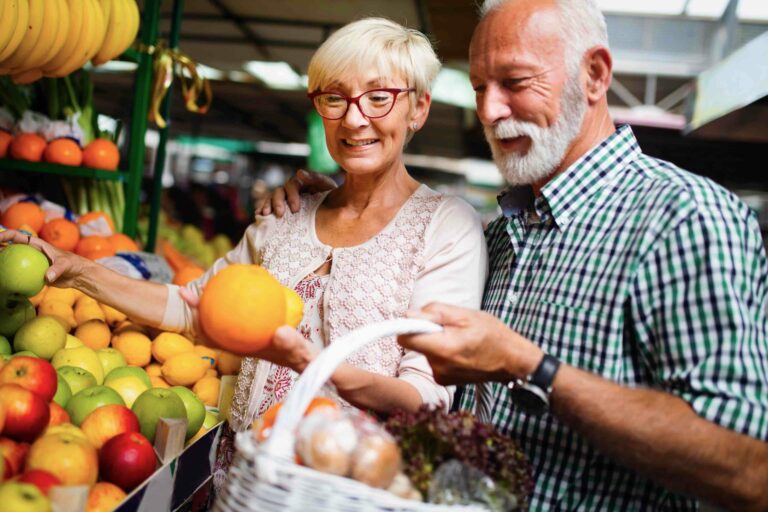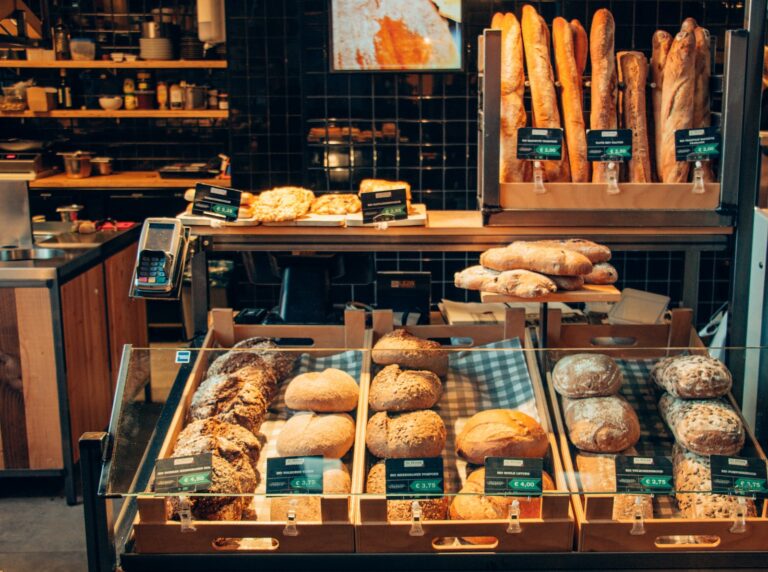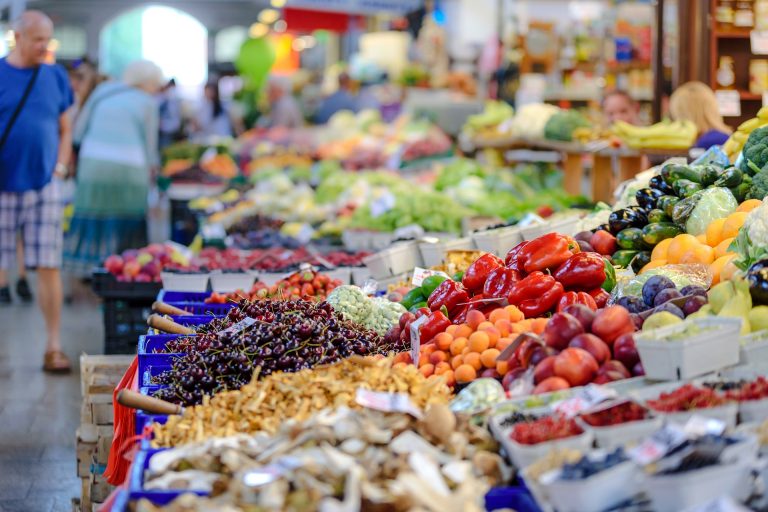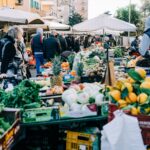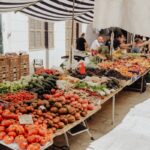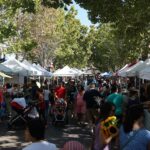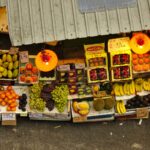Farmer’s market is a physical retail marketplace intended to sell foods directly by farmers to consumers and if you’ve never been to a farmers market because you already get everything you need at the supermarket, you are not alone. While some grocery stores and supermarkets do carry a small number of local and organic products, most cannot equal farmers markets in the variety and quality of local foods.
Farmers market vendors like other retailers, set prices that allow them to reasonably cover their costs. Prices vary by product, but a number of studies found that similar produce are typically less expensive at farmers markets than at nearby grocery stores/supermarkets. A price study led by understudies at Seattle University demonstrated that most vegetables sold at the farmers markets showcase had lower if not similar costs to their grocery store.
Further, 74% of the communities examined in Anthony Flaccavento’s price investigation, produce was more affordable at farmers markets contrasted with grocery stores, all things considered by 22%. Like any other form of shopping, a trip to the farmer’s market works best if you’re prepared to take full advantage of its potential. Here are 5 tips to get you started and maximize your trip to farmers market:
Explore Before You Buy
Exploring and doing some research is always the most smart and effective way to buy a product. Think of the first tip as an opportunity to scope out where to find the best of the best. Don’t pick the first basket of strawberries you see. Someone else not far away may have more or better produce or offer better-value portions, and you’ll want to know that before you buy it. More importantly, you’ll have good opportunity to re-prioritize your list based on what looks good right there in the moment.
Set a Budget, Make a List of Items
Budget is always an important aspect to be considered before buying any product. It’s always smart to decide in advance what your spending limit is before you step out the door. Next step would be to draw up a list of things you need, and things you’d like to have if they’re available. Luckily, you can avoid this at farmer’s market as it has wide variety of options available in compared to supermarkets.
Talk to the Farmers
The farmer’s market isn’t just a place to buy fresh, local produce, it’s also an opportunity to form relationships with the people who feed you and learn about their trade. You’ll have the opportunity to learn which items are at their peak, which are nearing the end of their season and which are almost ready, then plan your purchasing accordingly. If you’re a really good customer, some farmers may even be willing to plant an herb, vegetable or berry you’ve had trouble finding.
Consider the timing of your visit
If you love trying new foods, arrive early to the farmer’s market before the unique offerings have been snapped up. Foods that have small yet devoted followings may not be available if you arrive late but if it’s a bargain you want, then visit later in the day when farmers with substantial remaining inventory may be more inclined to lower their prices. Timing of your visit should be different depending upon the purpose of visit.
Know seasons of your fruits and vegetables
Some fruits and vegetables are better at certain times of the year than others. Freshness draws many people to farmer’s markets, and foods that are in-season are more likely to have that unforgettable freshness than those that are out of season or nearing the end of their season. Knowing the seasons is important for budget-conscious shoppers as well. If you’re shopping on a budget, purchasing foods while they’re in-season may save you some money, and you can always stock up on your other favorites later on when it’s their turn to be in-season.




